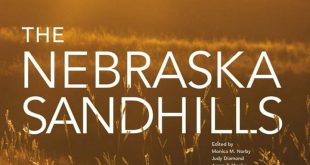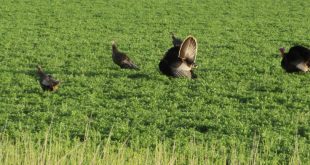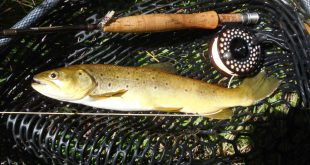LINCOLN – Become a citizen scientist and help professionals learn more about two Nebraska butterfly species in decline – the monarch and the regal fritillary.
The Nebraska Game and Parks Commission is seeking help from the public in two surveys to measure the abundance and range of these butterflies in Nebraska. More information on these surveys, as well as instructions on how to participate, are available on our website at OutdoorNebraska.org/ButterflySurvey.
The Commission will host survey training at Nine Mile Prairie just west of Lincoln on June 16 and June 18. At these 10 a.m. sessions, volunteers will learn how to record their observations of these butterflies. Meet in the parking lot off West Fletcher Avenue. For directions, visit snr.unl.edu and then search for Nine Mile Prairie.
The monarch may be one of the most well-known butterflies in the world, but the migrating population that covers much of the United States has declined 90 percent in the last 20 years. Although this insect weighs less than a gram, it makes long-distance migrations to Mexico every year to escape the freezing winter temperatures.
Habitat loss threatens the migratory populations of North American monarchs throughout their annual cycle of breeding, migrating and overwintering. Nebraska provides important breeding habitat with milkweed plants for the monarch caterpillars, and Nebraska has significant potential to create and enhance habitat for the monarchs.
The regal fritillary is a large, orange and black butterfly that is similar in size to the monarch butterfly. The regal fritillary is found throughout Nebraska, but is mostly associated with tallgrass prairies, meadows and pastures. With the continued loss of prairies, the regal fritillary is disappearing across its range. However, Nebraska appears to still a large population of regal fritillaries, so our state may be the key to the survival of this species.
With the help of citizen scientists, we will have better population information for these two species to ensure they continue to have a home in Nebraska. If you plan to attend one of these trainings, or want more information, indicate which training you plan to attend with an email to kristal.stoner@nebraska.gov or adam.jones@nebraska.gov and visit OutdoorNebraska.gov/ButterflySurvey to learn more.
 Nebraskaland Magazine
Nebraskaland Magazine



